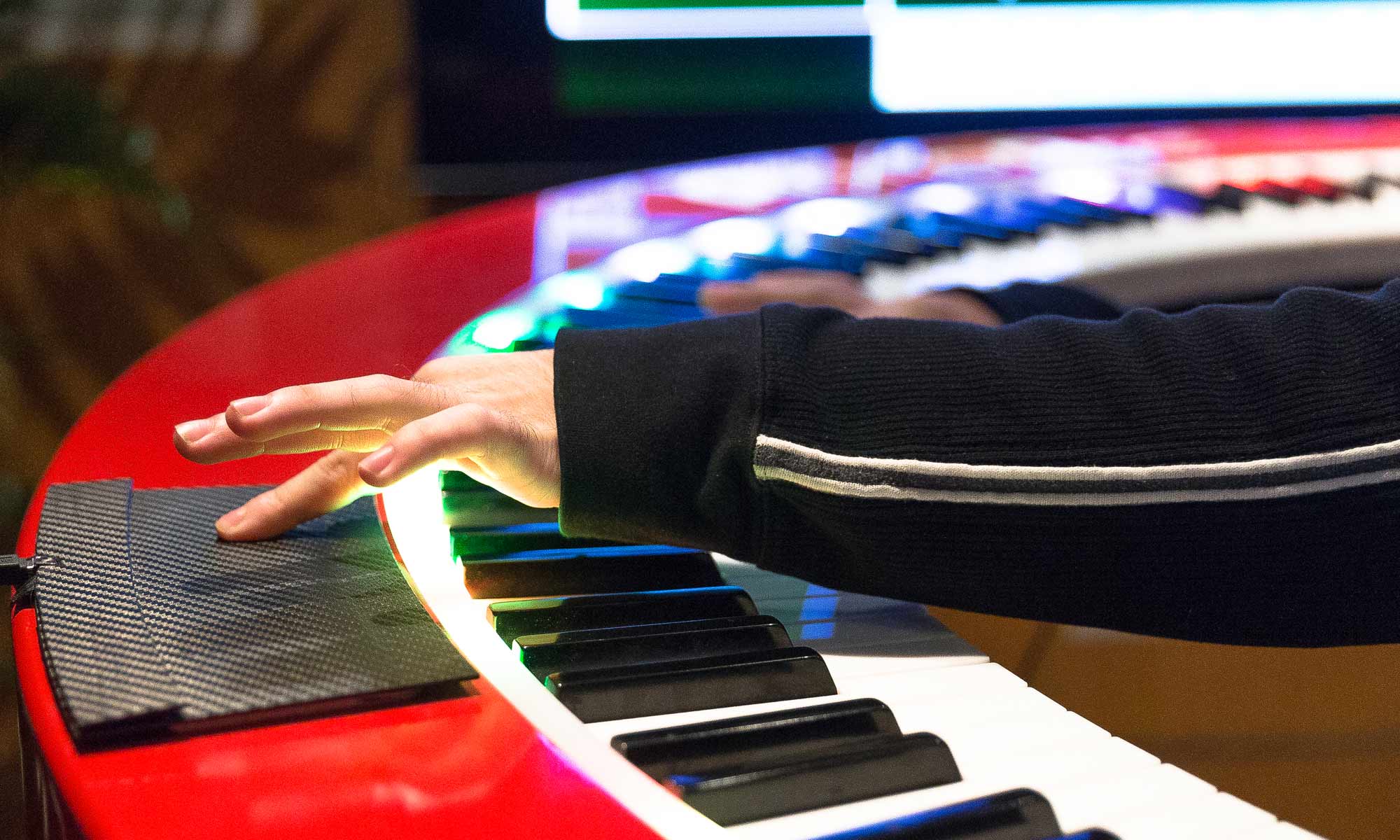February 2011 Ed note: From Sept 2009, in response to a posting from Microsoft’s Guru Larry Osterman at: http://channel9.msdn.com/Shows/Going+Deep/Elliot-H-Omiya-Larry-Osterman-and-Frank-Yerrace-Inside-Windows-7-Audio-Stack (you might want to peruse so the context below is clear). It’s somewhat redundant with my July 2009 post where it became clear that Microsoft was not doing anything to help entry level music makers with it’s soon to be released Windows 7 Operating system.
I just want to keep a voice alive that suggests that a offering simple/quality solution regarding Audio/MIDI output is the ultimate Noob feature for the Music Maker! If your wife’s riding instructor chose to try and learn piano with a PC in the mix (Gallup NAMM says 85% of americans would like to learn a musical instrument) – she would have a number of big problems off the bat given current options/configuration.
1. Latency/GM Sound Quality: Most software programs for music making still refer to MIDI as the only source of input data. For output most edu programs look to a General MIDI OUT sound source. USB Controller keyboards (M-audio et al) outputting only MIDI data are THE growth category in the keyboard/music products industry – with shipments in the hundreds of thousands per annum. And you know what largely they use to make sound – the computer – since sound modules are dead. The only default PC option – GM Wavetable Synth (Licensed from ROland in the 90’s) has unusable latency and very poor quality sound. This one-size-fits-none approach is killing options for the PC as an easy to use music making tool.
2. USB MIDI Driver (probably another dept – but needs to be mentioned). Running two programs calling upon a MIDI IN device is not supported by the compliant USB MIDI driver in Windows? THus, it either crashes the program – or kicks an error message that will confuse and dissapoint.
Solving these two problems would stem market losses in this category to the fruit based competitor that offers these key features. We lose PC licenses based on poor music making support on an increasing basis every month.
Listen, if I’m some lunatic barking at the moon here – let me know – and I’ll stop – but on behalf of a lot of music makers, educators, and folks across the world where music making is active – let me say…help! Is there any way tweak this in Windows 7 or going forward?
If there is another place at MS where I can share our experience in this category, please channel me there…owwwwwwwwwwww (that’s me barking…)
